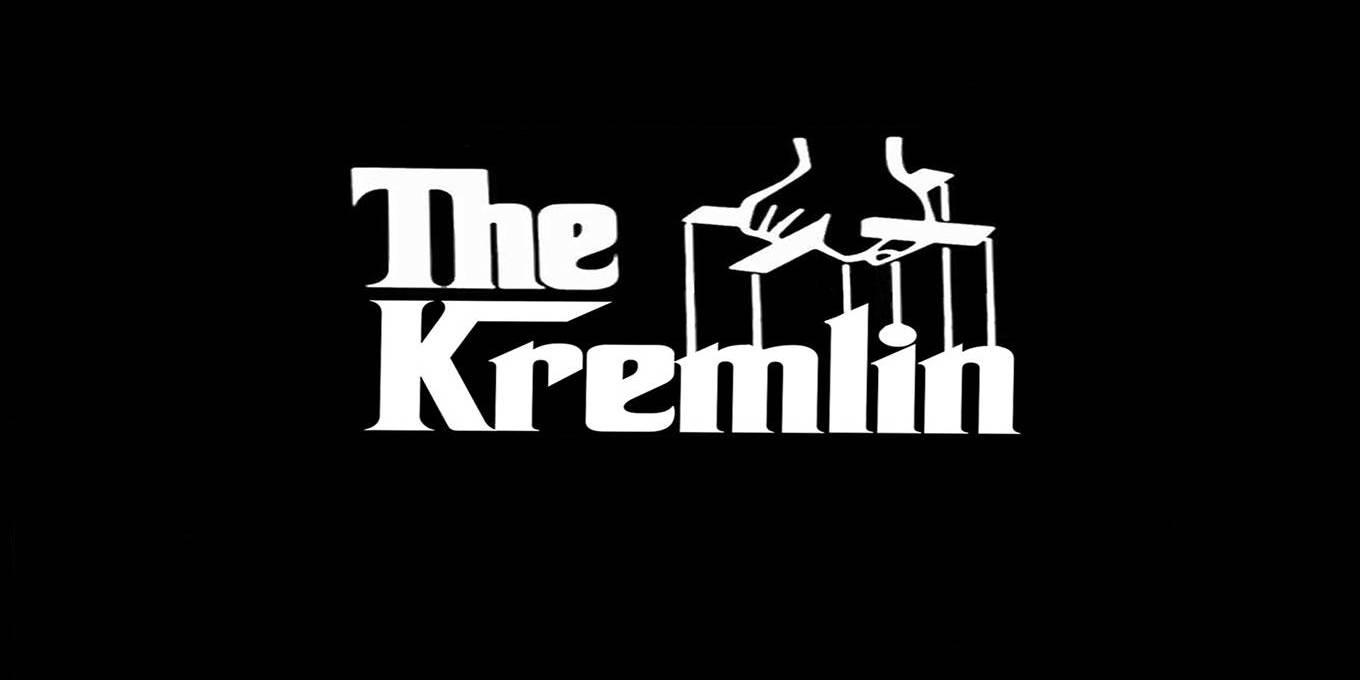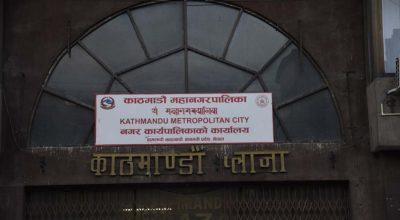
– Dina Khapaeva
ATLANTA, July 18: Russia has a long history of rule by criminals. Channeling French anarchist Pierre-Joseph Proudhon’s famous dictum “property is theft,” the Bolsheviks emerged in the early twentieth century as a semi-criminal organization partly financed by the “expropriation of the expropriators” – in other words, armed robbery. Young Joseph Stalin allegedly participated in these “exes,” as the Bolsheviks called them.
The story of Alexander Orlov, one of Stalin’s spies, underscores the criminal tendencies of the Soviet regime. After presiding over the controversial – and some say illegal – transfer of the Spanish gold reserves from Madrid to Moscow in 1936, Orlov defected to the West once he became the operation’s lone survivor. Before leaving, he stole the entire operational fund of the Soviet station in Spain. Yet Stalin did not have him assassinated, as one might expect, because Orlov threatened to disclose the mission and the large network of Soviet spies.
Likewise, Wagner Group boss Yevgeny Prigozhin has so far suffered negligible consequences for his short-lived mutiny. His mercenaries have continued to receive state funds, and it is rumored that weapons and large sums of cash confiscated by the state were returned to Prigozhin. This may suggest that Prigozhin is one of President Vladimir Putin’s “wallets” or knows where Putin hides his money – or is blackmailing him.
The alleged meeting at the end of June between Putin, Prigozhin, and Wagner’s top commanders, which occurred after Putin accused Prigozhin of treason, is best understood as a mafia sit-down where disputes among crime families are hashed out.
But whatever Prigozhin’s destiny may be, the Wagner Group’s mutiny demonstrates that power in Russia is not nearly as centralized as many believe. While Western experts continue to view Russia as a modern state, they overlook the fact that Putin’s cronies, who represent the mingling of the security services – particularly the FSB, the successor to the Soviet-era KGB – and organized crime, control most state functions as their private domains. The Kremlin distributes property in a neo-feudal manner. Property in post-Soviet Russia is “conditional”; the suzerain can always reclaim it.
Like a matryoshka doll, Putinism – not necessarily Putin’s power, but the system he and his cronies have created – contains smaller copies of itself, such as the Wagner Group and other private military gangs. The war in Ukraine has cracked open the doll’s outer layer and granted a new degree of autonomy to the criminal organizations within. Given the vast resources under Kremlin control that are at stake, future infighting looks inevitable.
The existence of multiple private armies will make these power games more destabilizing. As a commentator on RIA Novosti, Russia’s official news agency, put it after documenting the private armies of several oil companies: “[W]e are on the verge of a major increase in corporate and other paramilitary structures, as well as major changes in the very approach to the use of military force.”
Against this backdrop, the Russian army has become another gang vying for power and property. But as the Kremlin’s grip on power slips, Russia’s generals will likely organize a putsch against Putin and his KGB/FSB cronies – the army’s historical rival. The estrangement of the army officer class from the regime continues apace, as demonstrated by the dismissal of Ivan Popov, formerly the commander of the 58th army, for speaking out about the military’s desperate situation in Ukraine. Perhaps anticipating such a challenge, Putin is arming the National Guard – which is under his direct control and serves as his personal security force – with tanks and heavy weaponry.
For the time being, the Russian public seems to support Putinism. Prigozhin’s march on Moscow did not spark widespread protests or revolts against the regime, much less against its pointless and appalling war. But some citizens in Rostov-on-Don expressed their sympathy for Prigozhin and his gang as they marched through the city, while others may support other private armies. Ultimately, these warlords represent the epitome of the political system that Putin has been constructing for the last 23 years.
The most sobering lesson of Prigozhin’s mutiny is that Prigozhin treated Putin the same way that Putin has treated the West. Prigozhin’s march on Moscow and his hysterical aggression against his nemesis, Defense Minister Sergei Shoigu, recalls a mobster’s effort to scare his victim into compliance with escalating threats.
Ever since his speech at the Munich Security Conference in 2007, Putin has taken a similar approach to the West. But the groundwork was laid for this strategy during his first year as president, when the Russian government adopted a new military doctrine that included implicit nuclear blackmail. Since then, Putin has continually used the threat of nuclear aggression to demand Western compliance with his “red lines.”
The West has contributed to this dynamic by focusing excessively on Putin and giving him too much sway over global affairs. This was partly a consequence of the Kremlin’s corruption of Western politicians and intellectuals, who downplayed his authoritarianism and positioned Russia as a modern state and reliable energy partner. Even today, despite Russia’s war crimes, Western media often refer to Russia’s elite with the blind objectivity reserved for the powerful, rather than conveying their essential criminality.
Whether or not Putin can act on his threats remains to be seen. But the mobster always has the benefit of acting first and putting his targets – Ukraine, the United States, and Europe – on the defensive. In the meantime, another criminal organization, backed by a private army, could follow in Prigozhin’s footsteps. If and when that happens, the war will come home.
Dina Khapaeva, Professor of Russian at the Georgia Institute of Technology, is the author of Crimes sans châtiment (Crimes without Punishment) (Éditions de l’Aube, 2023).
Copyright: Project Syndicate, 2023.
www.project-syndicate.org












